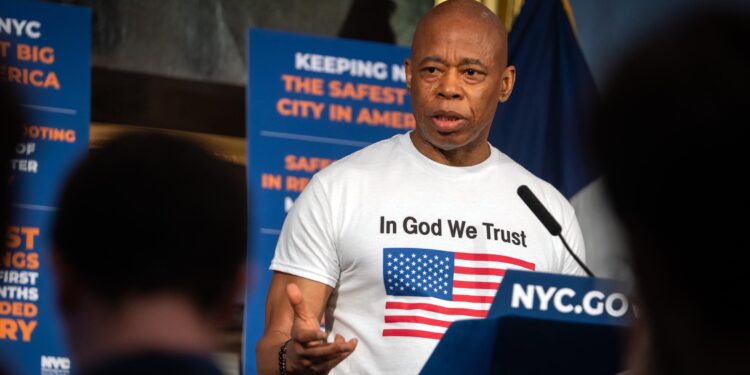On Tuesday, April 8th, First Deputy Mayor Randy Mastro signed an executive order allowing Immigration and Customs Enforcement (ICE) to reopen an office on Rikers Island, reversing a decade-old provision that had restricted ICE’s presence on the island. The order follows pressure from the Trump administration for more cooperation on immigration enforcement.
The executive order highlights concerns over transnational gangs like MS-13 and Tren de Aragua, which federal authorities have designated as terrorist organizations. It allows ICE, along with other federal agencies like the FBI and DEA, to conduct criminal investigations related to gang violence at the facility. However, it explicitly prohibits civil immigration enforcement. The order also stresses the need for real-time intelligence sharing between federal law enforcement, the Department of Correction (DOC), and the New York Police Department (NYPD) to address criminal activity inside and outside city jails.
The move has faced backlash from immigration advocates and local officials. City Council Speaker Adrienne Adams, who is running for mayor, called the order “deeply concerning.” She emphasized that the City Council is reviewing its legal options and warned that it would take action if the order violates the city’s sanctuary policies, specifically Local Law 58 of 2014, which limits the DOC’s cooperation with ICE. Under this law, jails are prohibited from holding detainees for ICE without a judicial warrant or if they have not committed a serious violent offense.
This decision follows a meeting between Mayor Eric Adams and Tom Homan, President Trump’s former “border czar,” who pressed for increased immigration enforcement cooperation. After the meeting, Mayor Adams recused himself from signing the order, delegating the responsibility to Mastro to avoid any potential conflicts of interest.
Advocates worry that this order could lead to a resurgence in deportations from city jails, a practice largely curtailed since 2014. While the executive order allows ICE to return to Rikers Island, it limits their involvement to criminal investigations only. Legal challenges are expected as the city moves forward with this policy shift.









